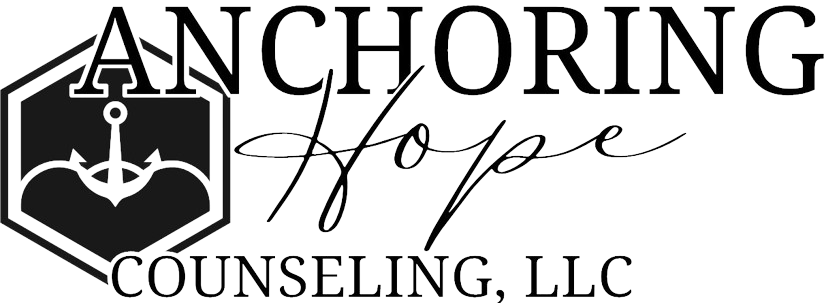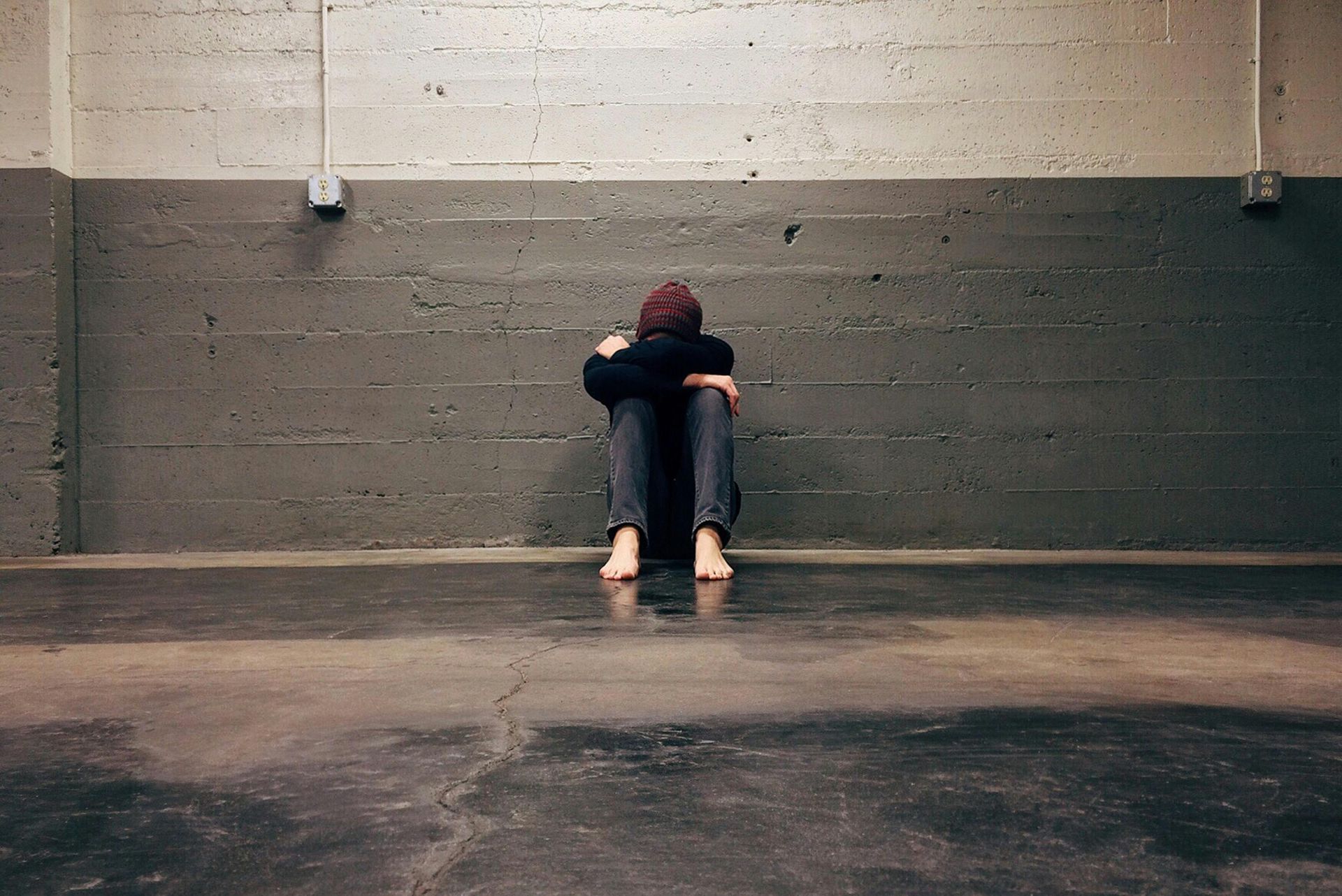Understanding Trauma and the Path to Healing: A Guide from Anchoring Hope Counseling
- Abuse and Violence: Physical or emotional abuse, including childhood abuse, domestic violence, and bullying.
- Accidents and Natural Disasters: Experiences like car accidents, earthquakes, fires, or exposure to hazardous materials.
- Loss and Grief: The death of a loved one, divorce, or the loss of financial stability.
- Witnessing Violence or Tragedy: Experiencing or witnessing violence, such as violent crimes, war, or mass tragedies.
- Medical Trauma: Dealing with life-threatening illnesses, surgeries, or chronic medical conditions.
- Emotional Neglect: Chronic neglect or abandonment, especially in childhood.
- Community Violence: Workplace bullying, harassment, or exposure to mass shootings.
- Discrimination: Experiencing racism, xenophobia, homophobia, or cultural/religious persecution.
- Financial Hardship: Living in poverty, sudden financial loss, or homelessness.
- Adverse Childhood Experiences (ACEs): Growing up in unstable environments marked by substance abuse or parental separation.
- Anxiety or Panic Attacks: Constant feelings of fear or dread, leading to physical symptoms like a racing heart or shortness of breath.
- Depression: Persistent feelings of sadness, hopelessness, or a lack of interest in activities once enjoyed.
- Guilt or Shame: Self-blame or intense feelings of unworthiness, often related to the traumatic event.
- Emotional Numbness: Feeling detached or numb, unable to connect with emotions.
- Irritability or Mood Swings: Uncontrollable shifts in mood or sudden outbursts of anger.
- Intrusive Thoughts or Flashbacks: Repeated, unwanted memories or visions of the traumatic event.
- Nightmares or Sleep Disturbances: Difficulty sleeping or disturbing dreams related to the trauma.
- Avoidance: Steering clear of people, places, or activities that remind you of the trauma.
- Hypervigilance: Being constantly on edge, making it hard to relax or trust others.
- Chronic Pain or Illness: Unexplained symptoms like headaches, gastrointestinal issues, or body aches.
- Fatigue: Persistent tiredness, even after rest.
- Tension or Muscle Tightness: Physical tension in the body, often related to stress.
- Changes in Eating or Sleeping Habits: Significant changes in appetite or sleep patterns.
- Startle Response: Exaggerated reactions to unexpected events, reflecting heightened alertness.
- Withdrawal from Social Activities: Isolation or avoiding interactions due to discomfort or emotional exhaustion.
- Risk-Taking Behaviors: Engaging in unsafe activities to cope with emotional pain.
- Difficulty in Relationships: Challenges with trust, intimacy, or boundaries.
- Self-Harm: Harmful behaviors to regain control or numb emotional pain.
- Trauma-Focused Cognitive Behavioral Therapy (TFCBT): Reframes negative thought patterns.
- EMDR: Processes traumatic memories and reduces emotional intensity.
- Somatic Therapy: Releases tension stored in the body.
- Trauma-Focused Therapy: Directly addresses trauma to foster healing.
- Exercise: Reduces stress and improves mood.
- Relaxation: Try meditation, deep breathing, or yoga.
- Nutrition: Maintain a healthy diet for physical and mental health.
- Meditate: Engage in daily mindfulness exercises.
- Mindful Movement: Try yoga or tai chi to release tension.
- Creative Expression: Use art, music, or writing to channel emotions.
- Grounding Techniques: Focus on breathing or sensory activities to stay present.
From Overwhelmed to Empowered, We’ll Help You Get There
You don’t have to navigate life’s chaos alone. At Anchoring Hope Counseling, we guide individuals across Virginia, just like you, who are ready to stop surviving and start thriving. Whether you're seeking therapy, mental health medication, or simply a fresh start, we’re here to help you reconnect with your most authentic self and reclaim your peace of mind.
We Have Physical Locations in Abingdon, Pennington Gap, & Wise, Virginia.
You’re Not Alone, Let’s Start Healing, Together.
What If Peace Wasn’t Just Possible, But Within Reach?
When life feels chaotic or heavy, it’s easy to lose sight of who you are and what you need. At Anchoring Hope Counseling, we meet you exactly where you are, without judgment, and help you reconnect with your strength, clarity, and self-worth.
Whether you're struggling with anxiety, trauma, relationships, or simply feeling stuck, we offer personalized care that empowers you to take control, feel grounded, and move forward with purpose.
You don’t have to do this alone. Let us walk beside you.
Exclusive Benefits for Your Holistic Well-Being
As part of our commitment to your overall well-being, we offer more than just counseling and medication management. Enjoy exclusive perks like free access to our Anchoring Hope app, discounts with our trusted partners, and savings on transformative Soundbed sessions. We believe in a holistic approach to care, ensuring that you receive a truly unique and enriching experience every step of the way.
Perks to Support Your Journey
We understand that true healing involves more than just the time spent in session. That's why we provide our clients with awesome extras designed to enhance your overall experience. From tools to manage everyday stress to special offers that promote relaxation and wellness, our perks are crafted to meet your unique needs. At Anchoring Hope Counseling, we’re here to ensure that your path to well-being is as smooth and supportive as possible. With us, you have access to:
- In-house mental health medication management services
- Free access to our Anchoring Hope app for coping skills
- Special discounts with our trusted partner companies
- Savings on relaxing Soundbed sessions
Our perks are designed to complement your counseling journey, providing additional tools and resources to help you achieve lasting peace and balance.
Psst! Not a client and still want the app?















